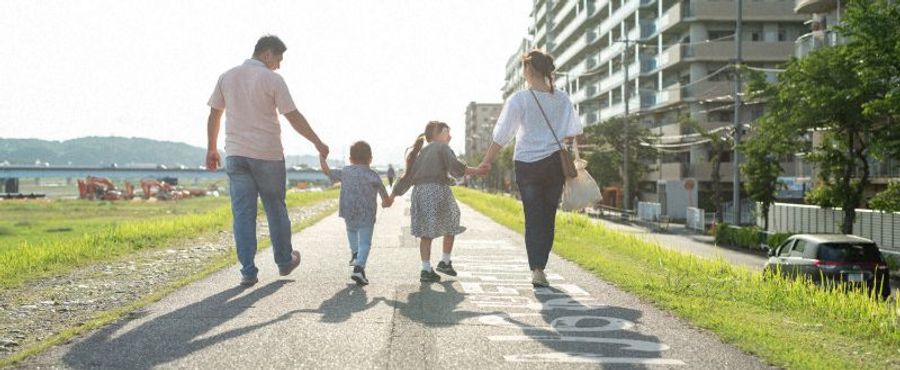Starting April next year, Japan is set to begin implementing a shared custody system for divorced parents. This significant change in the country's family law comes in response to growing calls for a fairer division of parental rights and responsibilities after divorce. A key objective of this new legislation is to ensure children's wellbeing and minimize the negative effects divorce might have on them. The specifics of how this shift will be administrated are yet to be disclosed.
Traditionally, Japanese family law has been heavily biased towards granting sole custody to one parent, typically the mother, following divorce. The new legislation has aroused intense debate inside Japan, where societal norms have long prioritized the concept of family unity. However, this is a major breakthrough toward gender equality and children's rights, regarded by both human rights advocates and parents who have been marginalized by the current system.
In the United States and the European Union, shared custody is more common and considered a balanced approach, providing both parents the right to participate in their children's upbringing following a divorce. The shift in Japanese policy represents a step in line with Western practices, signaling the nation's evolving attitude toward family, gender roles, and children's rights.

